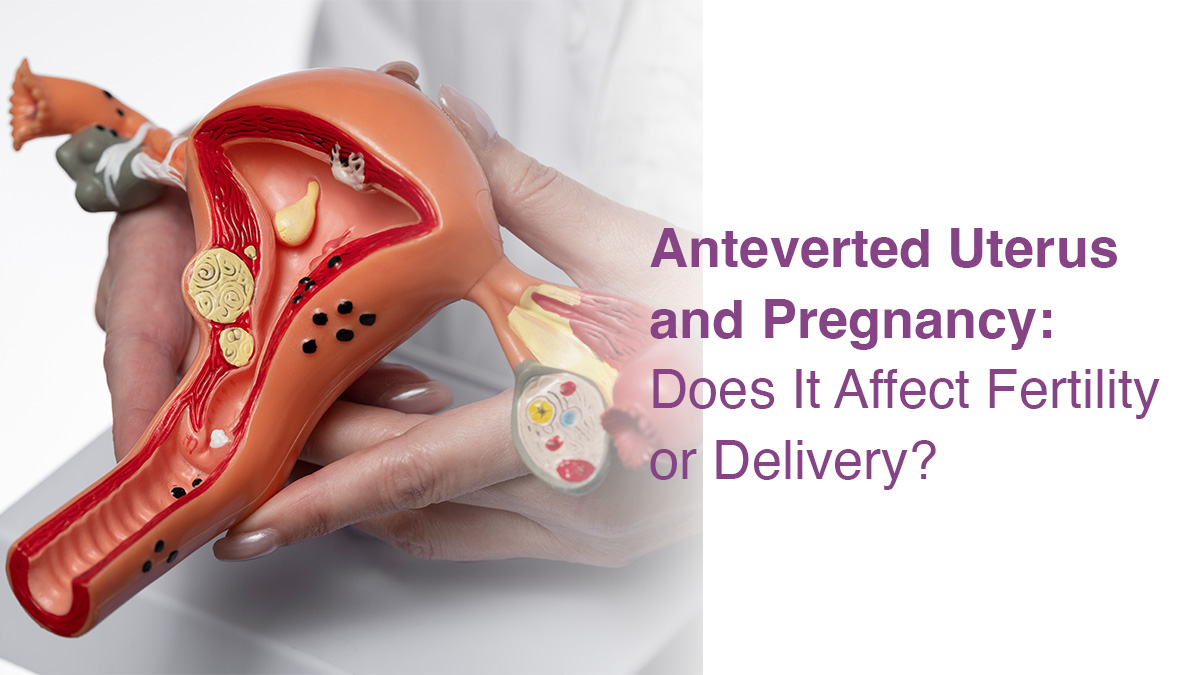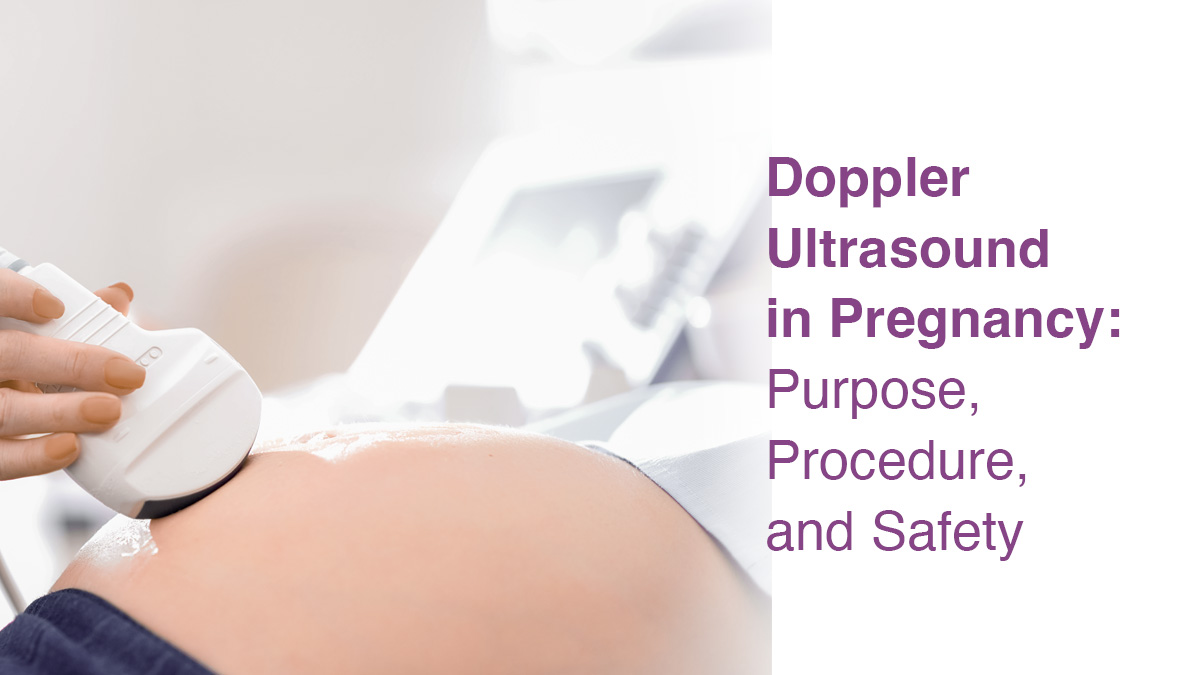

Pregnancy is a beautiful journey, but it will also bring a lot of changes to a woman’s body as a result of changing hormone levels. One of the hormones to follow during pregnancy is thyroid-stimulating hormone (TSH). Your thyroid has a lot of responsibility for your baby’s brain development as well as your energy levels, metabolism, and mood.
Let’s discuss the reasons it’s important to monitor TSH levels during pregnancy and what you should keep in mind.
Why Is Thyroid Health Important During Pregnancy?
The thyroid is a small gland, shaped like a butterfly, located in your neck that produces hormones to manage your metabolism. When you become pregnant, your body experiences many hormonal changes, which can influence how the thyroid functions. That’s why “Can pregnancy affect thyroid levels?” is a very common and important question—yes, it definitely can.
A healthy thyroid supports your baby’s growth and development, especially the brain and nervous system. If your thyroid isn’t working properly, it can cause complications like preterm birth, low birth weight, and developmental delays in your baby.
What Are the Normal TSH Levels in Pregnancy?
Understanding your TSH levels helps doctors know whether your thyroid is working properly. TSH (thyroid-stimulating hormone) tells your thyroid to produce more thyroid hormones. If TSH is too high, your thyroid may be underactive. If it’s too low, it could be overactive.
During pregnancy, TSH levels change by trimester. Here’s a simple breakdown using bullet points:
- First Trimester:
Normal range is 0.1 to 2.5 mIU/L
This is when pregnancy hormones like hCG can lower your TSH naturally.
- Second Trimester:
Normal range is 0.2 to 3.0 mIU/L
Your body adjusts and stabilises hormone levels around this time.
- Third Trimester:
Normal range is 0.3 to 3.0 mIU/L
Levels usually remain steady but still require monitoring if there’s a history of thyroid issues.
These values can vary slightly by lab, but they serve as a good guide to what’s considered normal thyroid levels in pregnancy. Always discuss your results with your doctor, as individual needs may differ.
What Happens If TSH Levels Are Too High or Too Low?
So, what does it mean if your TSH level is not in the normal range?
High TSH Levels
If you have high TSH levels in pregnancy, it often means your thyroid is underactive (hypothyroidism). This can lead to fatigue, weight gain, constipation, and feeling cold. But more importantly, it may affect your baby’s brain development if untreated. This is why it’s so important to manage thyroid levels early.
Low TSH Levels
Low TSH usually points to an overactive thyroid (hyperthyroidism). Symptoms include weight loss, anxiety, rapid heartbeat, and difficulty sleeping. Uncontrolled hyperthyroidism can increase the risk of miscarriage, premature birth, or low birth weight.
Both conditions can be managed well with medication and regular monitoring. So, if you notice any unusual symptoms or if your TSH levels are off, don’t panic—just talk to your doctor.
How Is Thyroid Dysfunction Managed During Pregnancy?
If your thyroid is underactive or overactive, your doctor will usually prescribe medication. For hypothyroidism, levothyroxine is a common and safe medication that helps replace the thyroid hormone your body is missing.
If you have hyperthyroidism, medications like propylthiouracil (in the first trimester) or methimazole (after the first trimester) are often used to bring your hormone levels back to normal.
In both cases, regular blood tests are needed to make sure the treatment is working. The goal is to keep normal thyroid levels in pregnancy so both mom and baby stay healthy.
Doctors usually adjust doses every few weeks based on your test results. That’s why regular follow-ups are very important.
When Should You Get Your TSH Levels Checked?
If you’re planning to get pregnant or have just found out you’re expecting, it’s a good idea to check your TSH levels early on. In fact, many doctors check thyroid levels during your first prenatal visit.
You may also need frequent monitoring if:
- You have a family history of thyroid disease
- You’ve had thyroid issues before
- You have symptoms like fatigue, hair loss, or feeling too hot or too cold
- You have Type 1 diabetes or other autoimmune conditions
Pregnancy hormones change rapidly, especially in the first trimester. So it’s not unusual to ask, “Can pregnancy affect thyroid levels?” Absolutely, and that’s why timely testing matters.
Conclusion
Keeping an eye on TSH levels in pregnancy is a small but powerful step in ensuring both you and your baby stay healthy. With the right testing and timely treatment, thyroid issues can be managed well. If you ever wonder if pregnancy can affect thyroid levels, remember that your body is working overtime during these months, and your thyroid is no exception. To learn more, visit the Oasis Fertility Clinic near you. You can also call us on 1800-3001-1000 or use our live chat option for prompt assistance.
FAQs
What are the normal TSH levels during each trimester?
Normal TSH levels during pregnancy vary by trimester. In the first trimester, it’s 0.1–2.5 mIU/L, the second trimester is 0.2–3.0 mIU/L, and the third trimester is 0.3–3.0 mIU/L.
Can high TSH levels affect the baby’s development?
Yes. High TSH levels in pregnancy can lead to an underactive thyroid, which may impact your baby’s brain and nervous system development if not treated in time.
How often should TSH levels be monitored during pregnancy?
Usually, every 4–6 weeks, if you’re being treated for thyroid problems. If your levels are stable, less frequent monitoring may be needed.


fill up the form to get a
Free Consultation
Avail 0% interest on EMI
All Procedures | No Upper Limit
How we reviewed this article:
- Current Version





